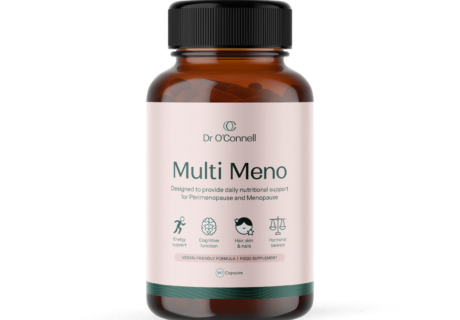NAYDAYA has launched their ‘End The Dry Spell’ campaign in an aim to de-stigmatise intimate dryness and increase visibility on the women’s health agenda, making solutions more accessible and boosting self-esteem.
In a survey conducted by NAYDAYA 25% of women incorrectly assume that intimate dryness is an issue solely for older women, despite being common across all age groups – underscoring the urgent need for more education on this often-taboo subject.
The survey also found that alarmingly, 54% of women who have experienced intimate dryness did not seek advice from a medical professional, choosing instead to manage the condition on their own. NAYDAYA is determined to change this trend through its latest campaign.
Fronting the campaign is women’s health advocate, presenter and broadcaster, Ashley James, who shared her own experience “Even after becoming a mum, it feels like discussing women’s health is still shrouded in shame which can make you feel overwhelmed and isolated when navigating the new and unfamiliar body changes that come alongside huge hormonal milestones like post-partum or the menopause. Women deserve to know that if they are experiencing intimate dryness that not only are they not alone, but there are also things that can be done to resolve it.”
Intimate dryness is often associated with low libido, but this downplays the lived experiences of millions of women feeling dry for other reasons. It can be felt during the menstrual cycle, while using contraceptives or medications, after cancer treatment, postpartum or when breastfeeding, and most commonly, during the hormone changes of menopause.
Behind the women’s health campaign is NAYDAYA’s founder, Fiona Toomey, who has seen the demand for intimate dryness support first-hand… “One of the most overlooked symptoms for women is intimate dryness, yet for our customers, it’s the most prominent issue that they’re looking to solve when they come to us. When our intimate dryness Victory Oil began selling one every five minutes, we realised the extent of women that were navigating this symptom – and most likely in silence!”





